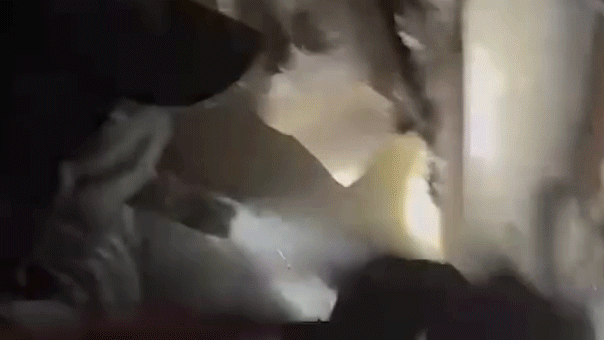NEW ORLEANS – A federal magistrate refused Wednesday to order the White House to provide BP PLC with emails by a former top adviser to President Barack Obama about the administration's response to last summer's massive Gulf oil spill.
A lawyer for the oil giant had argued that emails by Carol Browner, Obama's former adviser on energy and climate matters, and three other officials in the Executive Office of the President could shed light on the White House's role in estimating the rate of oil gushing into the Gulf of Mexico from the company's blown-out well.
But U.S. Magistrate Sally Shushan wrote that BP failed to show that it needed the White House's internal documents.
In a letter to Shushan, BP said it should be allowed to review the White House communications on the spill's flow rate because the data will help determine the company's financial liability.
"There is compelling evidence Ms. Browner was personally and substantially involved in the decision-making process that produced the United States' estimates of oil flow rates and oil spill volumes," the company wrote.
The Justice Department said BP's request was overly broad. BP's proposed search of White House emails would collect nearly everything that mentions BP or the blown-out well that triggered a deadly explosion on the Deepwater Horizon drilling rig, a government attorney argued.
"After months of cooperation and accommodation, the United States cannot entertain this request: it is a bridge too far," the Justice Department wrote in its own letter to the judge.
BP declined to comment on the judge's ruling. The White House referred requests for comment to the Justice Department. Browner's current employer, the Center for American Progress, said she could not be reached Wednesday.
Shushan is helping U.S. District Judge Carl Barbier oversee pretrial matters for thousands of consolidated court claims spawned by last year's rig blast, which killed 11 workers and spewed millions of gallons of oil.
Water pollution fines will be based on the gallons of oil spilled. BP has argued the government overestimated that amount by as much as 50 percent. The company's argument, if successful, could reduce fines under the Clean Water Act by up to $2.7 billion.
Browner had been accused of misrepresenting the findings of a federal analysis of where the oil went. During an August 2010 appearance on NBC's "Today Show," she said government scientists concluded more than three-quarters of the oil was "gone."
However, an independent commission appointed by the president said the analysis actually concluded that that oil could still be in the Gulf. The White House said Browner misspoke.
The presidential panel also faulted the White House for delaying a scientific report showing how much oil could reach the Gulf's shorelines. The National Oceanic and Atmospheric Administration wanted to base its analysis on the worst-case spill number; White House science officials wanted the analysis to account for the oil burned, dispersed and evaporated.
Besides Browner, BP also sought emails by Jerry Miller, assistant director for ocean sciences at the White House Office of Science and Technology Policy; Heather Zichal, deputy assistant to the president for energy and climate change; and Kathryn Moran, a senior policy analyst.
___
Associated Press writer Dina Cappiello in Washington contributed to this report.








































